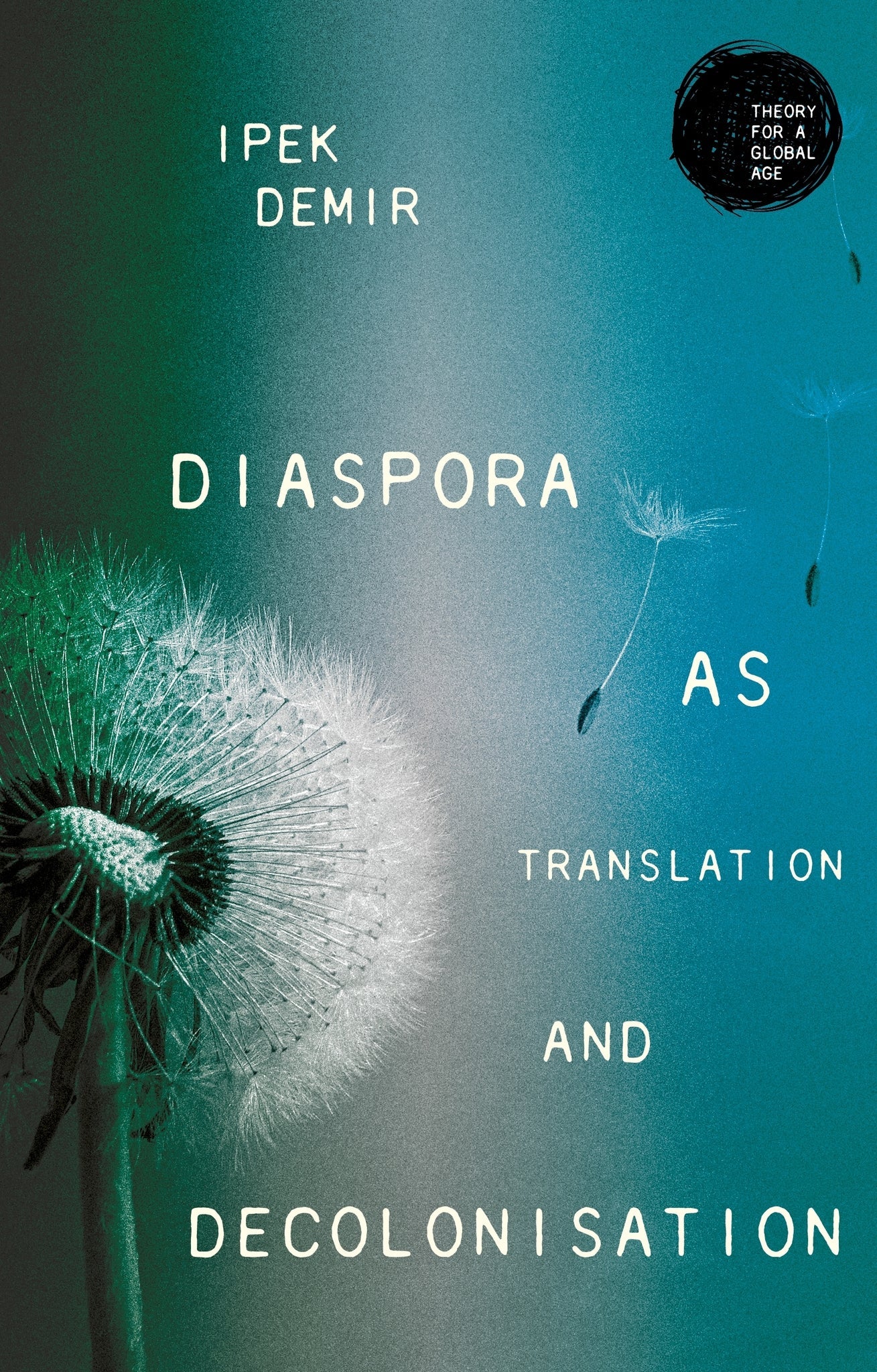We're sorry. An error has occurred
Please cancel or retry.
Diaspora as translation and decolonisation

Some error occured while loading the Quick View. Please close the Quick View and try reloading the page.
Couldn't load pickup availability
- Format:
-
26 March 2024


SOCIAL SCIENCE / Emigration & Immigration, Migration, immigration and emigration, SOCIAL SCIENCE / General, POLITICAL SCIENCE / Globalization, Social theory, Globalization

‘With a focus on the distinct but related concepts of translation and decolonisation, this book provides a novel approach to the study of diaspora. Here diaspora is understood as a transnational intervention producing spatial and temporal connections that critique nation-centric discourses and practices. Theoretically embedded, it is a rich empirical analysis of the Kurdish diaspora in Europe. An original contribution to the field of diaspora studies.’
Avtar Brah, Professor Emerita, Birkbeck College, University of London
'This book decisively shifts the focus from what diasporas are to what they do. While primarily focusing on the intriguing case of the Kurds, the author powerfully demonstrates how diasporas create new identities and shape the processes of decolonisation. In so doing, they transform a group’s consciousness and trajectory.'
Robin Cohen, Professor Emeritus of Development Studies, University of Oxford
'Ipek Demir's meticulously crafted Diaspora as translation and decolonisation reminds us that conceptualizations of diasporas should serve a corrective role to colonization, instead of producing intellectual spaces that benefit existing privilege in the Global North and Global South. [...] should be classified as essential reading for every graduate student and researcher with an interest in race and ethnicity, diaspora studies, and decolonization.'
Vera Eccarius-Kelly, Politics, Religion & Ideology (August 2022)
Introduction
1 Theories of diaspora and their limitations
2 Diaspora as translation
3 Diaspora as decolonisation: ‘making a fuss’ in diaspora and in the homeland
4 Translations and decolonisations of the Kurdish diaspora
5 Backlash to diaspora in the Global North
Conclusion
Index



